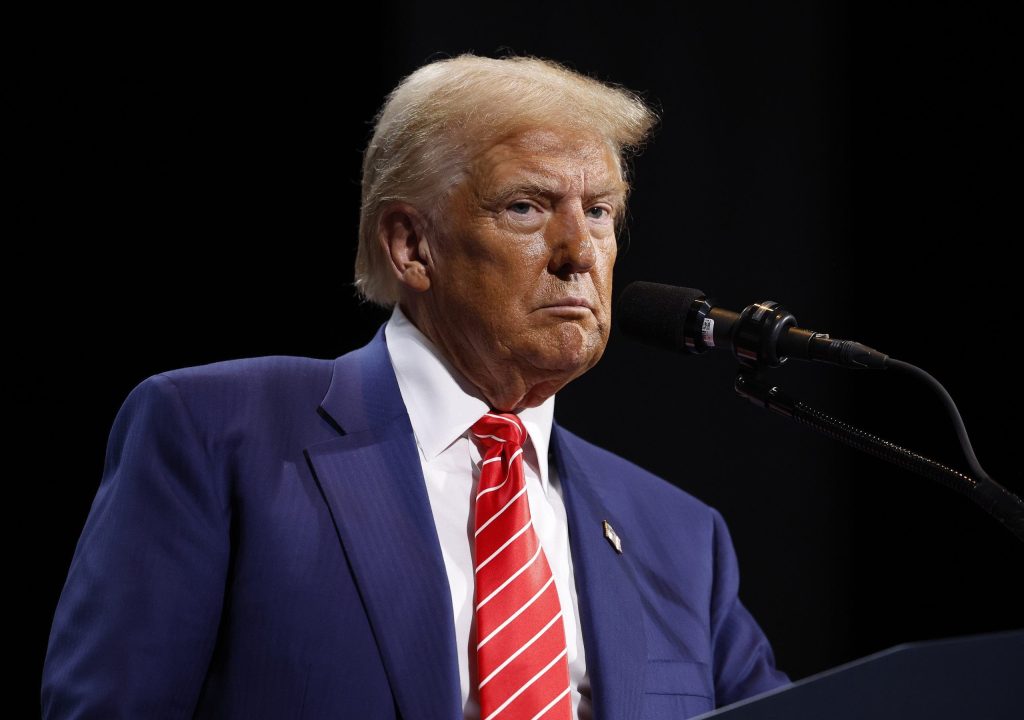President-elect Trump’s attempt to have his conviction in his New York criminal hush money case thrown out was denied by Judge Juan Merchan on Friday. This decision was based on the Supreme Court’s ruling regarding presidential immunity, which stated that a sitting president cannot be immune from criminal prosecution while in office. Despite the denial of this motion, Judge Merchan is still reviewing other motions filed by Trump to dismiss the case. The sentencing for this case is scheduled for January 10 at 9:30 a.m, giving the president-elect the option to appear in person or virtually.
The hush money case in question involves allegations that President-elect Trump paid off two women to keep quiet about affairs they had with him before the 2016 election. These payments were made through Trump’s former attorney, Michael Cohen, who has since been convicted and sentenced to prison for his role in the scheme. The conviction of Trump in this case raises concerns about the ethical and legal implications for a sitting president engaging in such behavior. The denial of Trump’s motion to vacate the verdict indicates that he will have to face the consequences of his actions in this matter.
The decision by Judge Merchan to deny Trump’s request to vacate the verdict is significant as it upholds the rule of law and ensures accountability for those in positions of power. This ruling sends a message that no one, not even a sitting president, is above the law and must face the consequences of their actions. By holding Trump accountable for his involvement in the hush money case, the justice system is sending a clear message that unethical and illegal behavior will not be tolerated, regardless of one’s status or position in society.
The sentencing set for January 10 gives President-elect Trump the opportunity to address the court and potentially present any evidence or arguments in his defense. The option to appear in person or virtually provides flexibility for Trump to participate in the proceedings in a manner that is most convenient for him. This sentencing will likely be a crucial moment for Trump, as it will determine the legal repercussions and penalties he will face for his involvement in the hush money case. It remains to be seen how Trump will respond to this sentencing and what actions he may take following the court’s decision.
Overall, the denial of Trump’s motion to dismiss his conviction in the New York criminal hush money case represents a significant legal setback for the president-elect. This decision underscores the importance of upholding the rule of law and holding individuals accountable for their actions, regardless of their status or position. The upcoming sentencing on January 10 will be a critical juncture for Trump as he faces the consequences of his involvement in the hush money case. It remains to be seen how Trump will navigate this legal challenge and what impact this ruling will have on his presidency moving forward.















